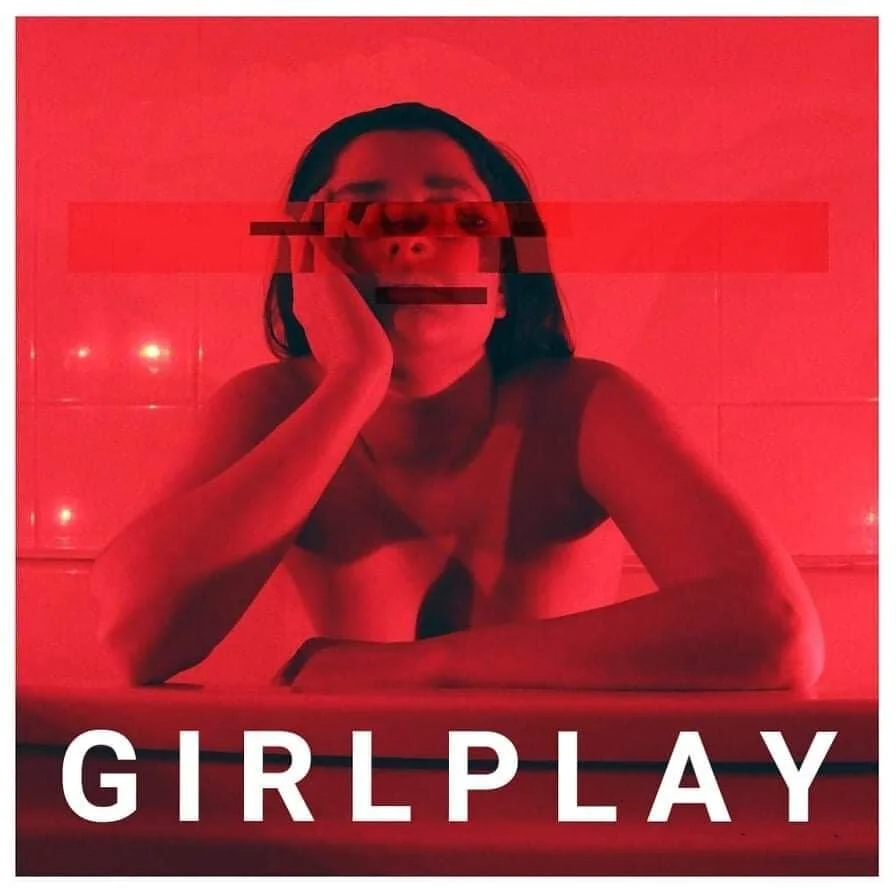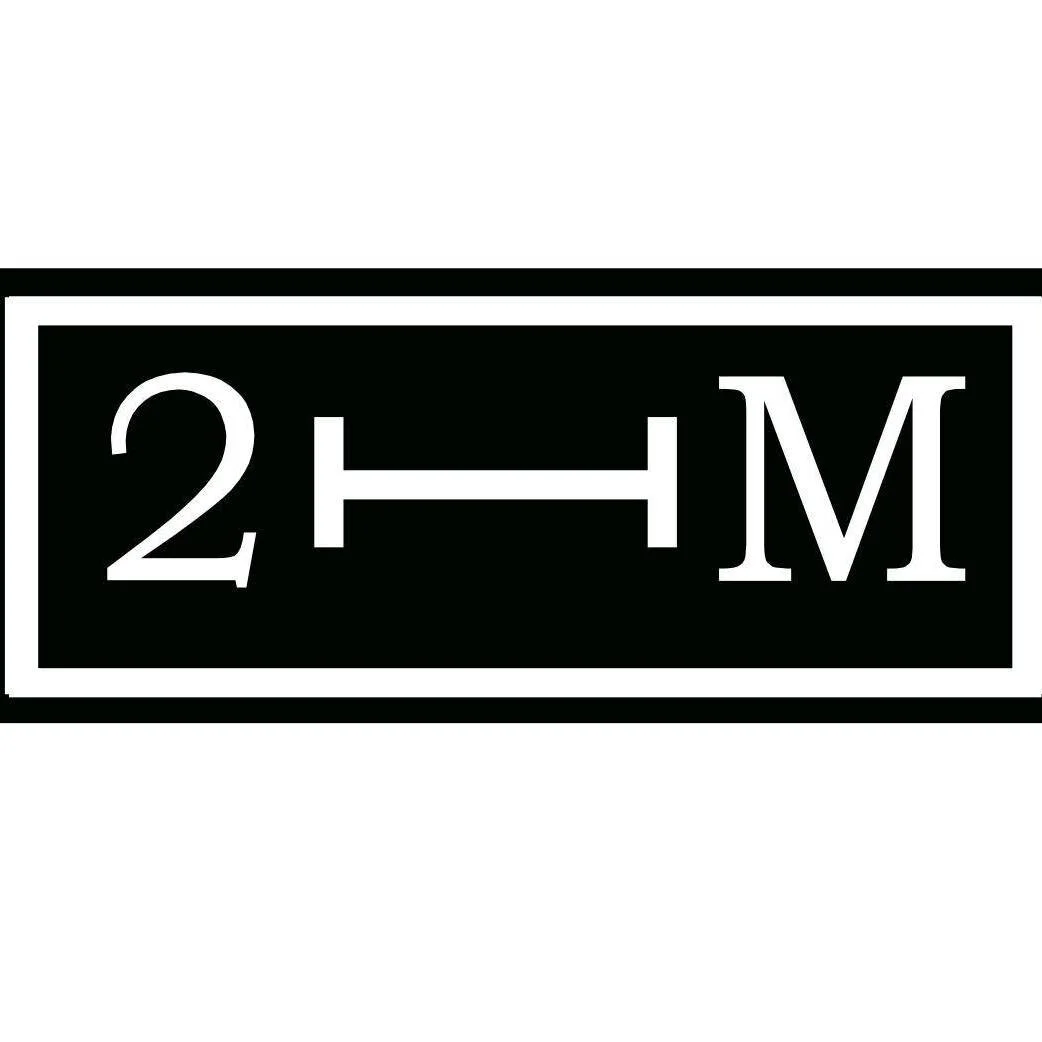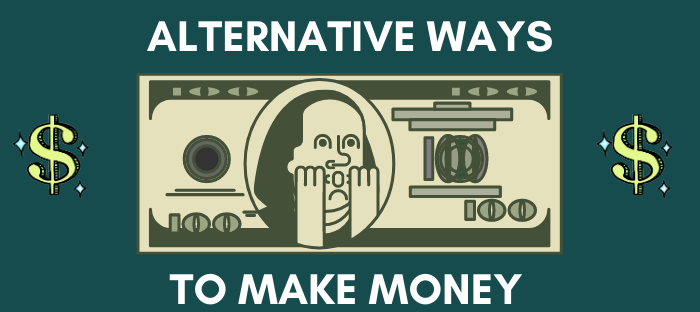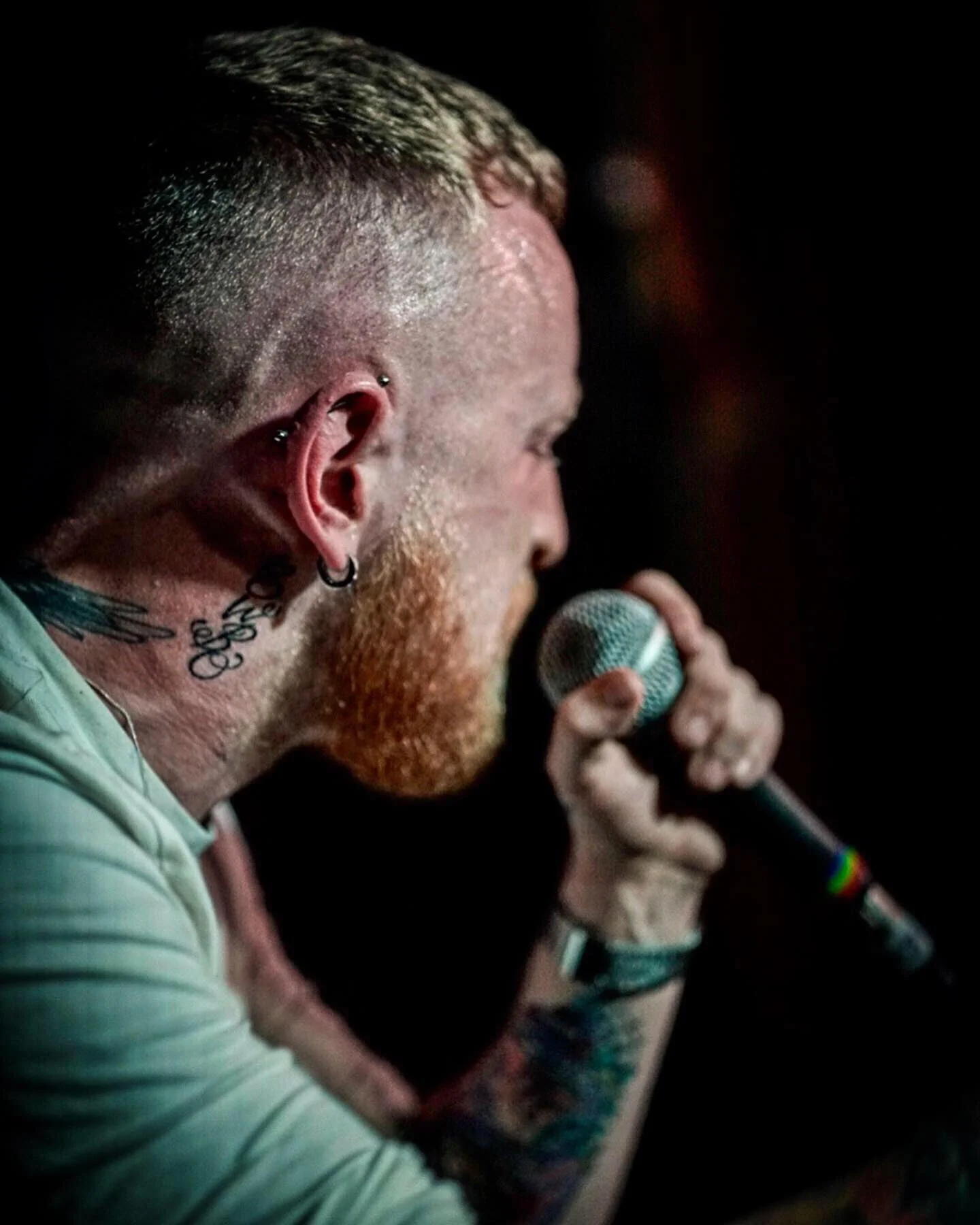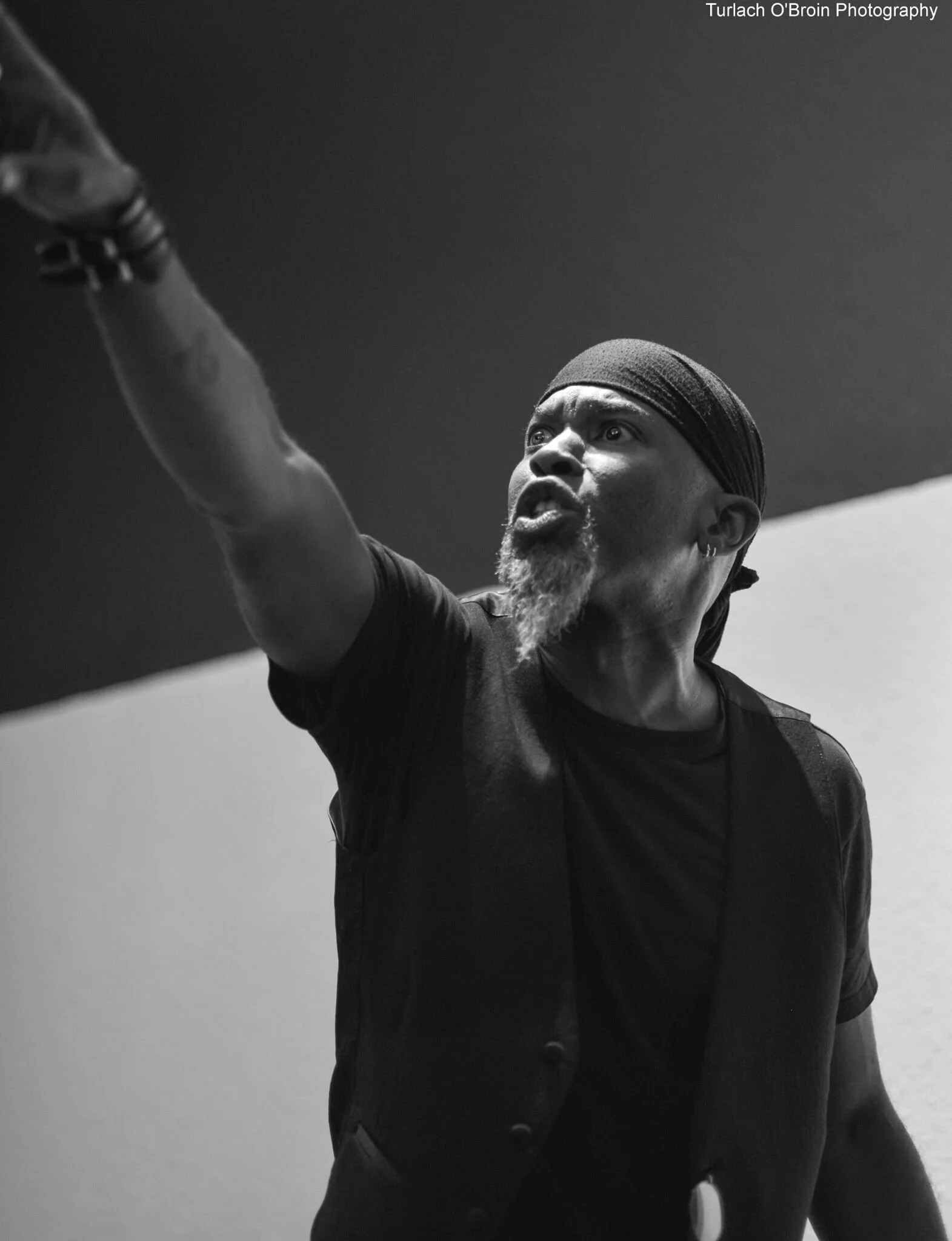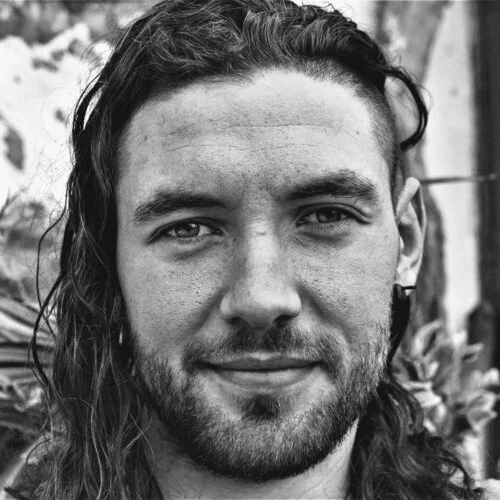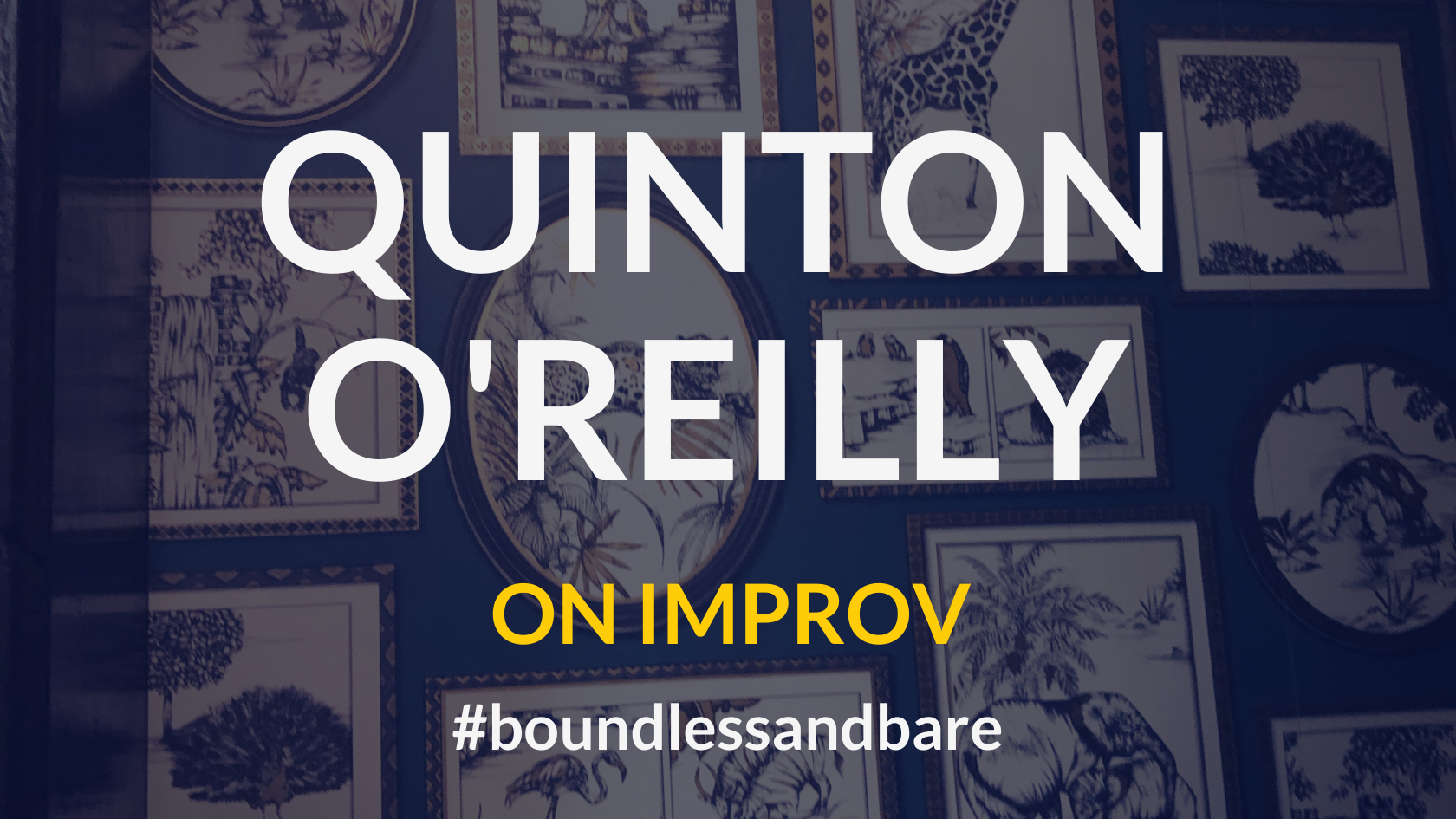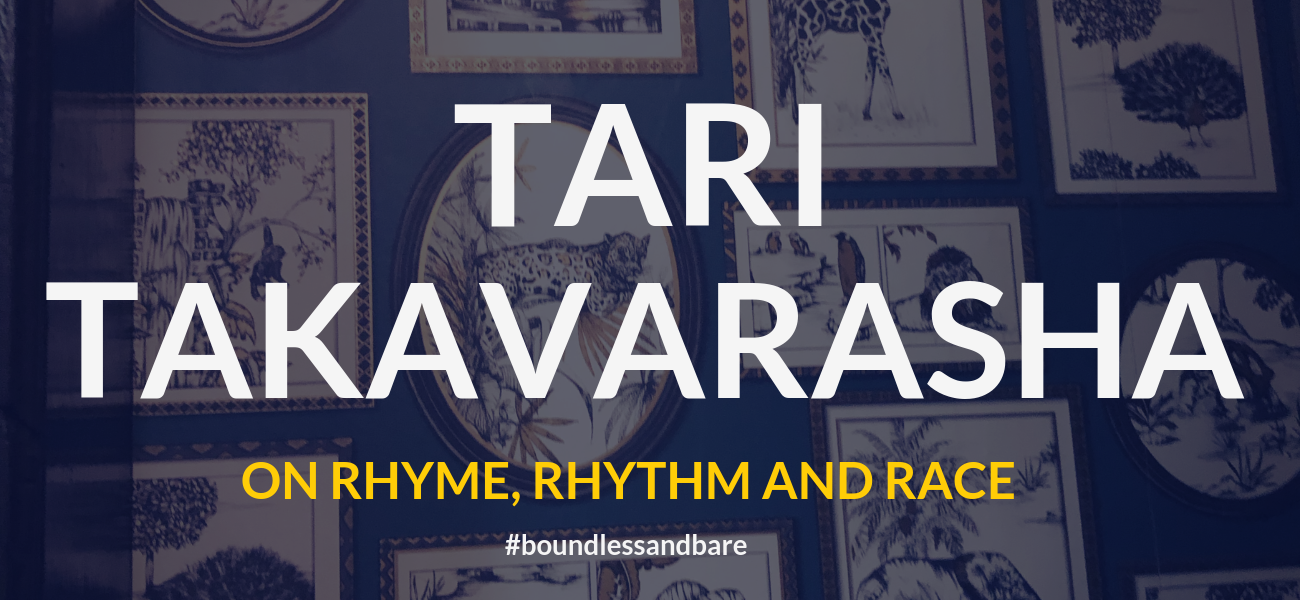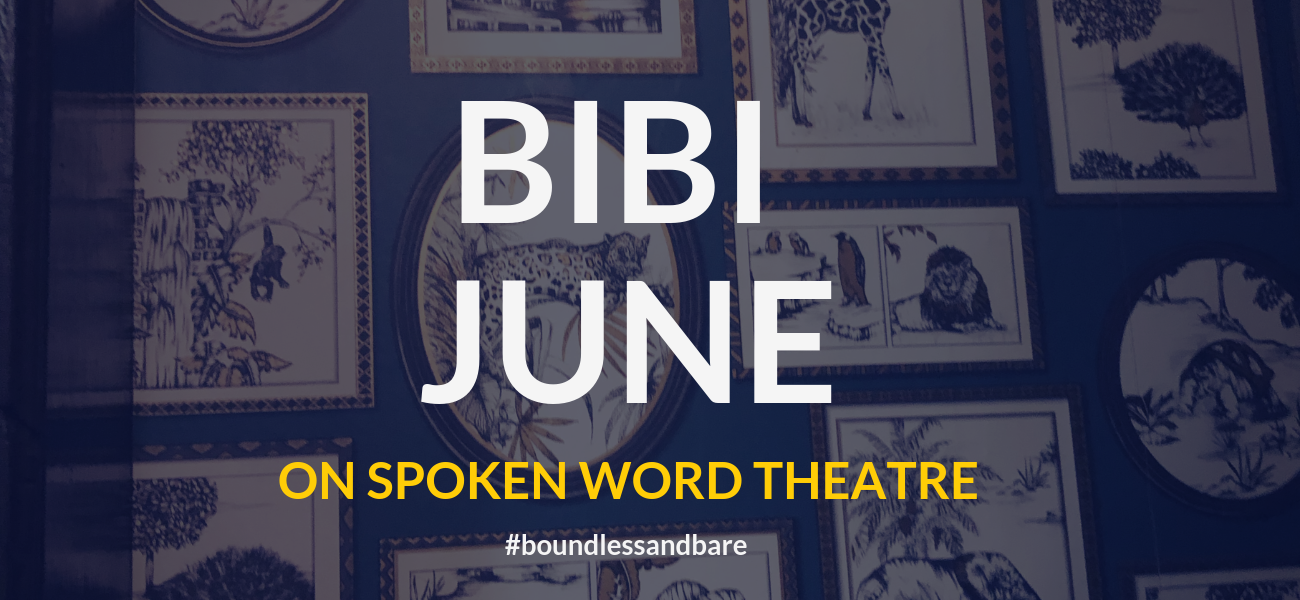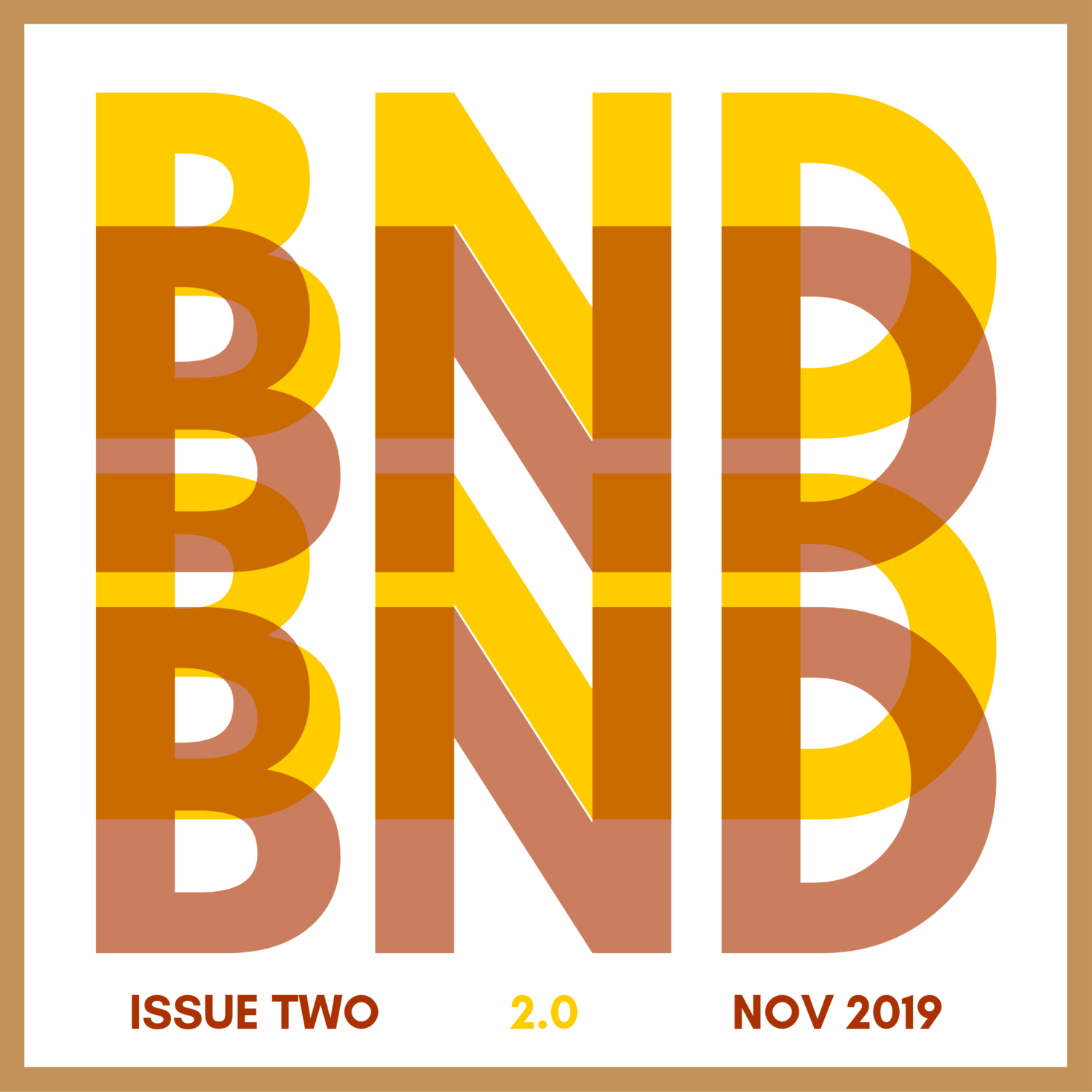A Poet in Lockdown: Q&A with Sarah Richardson
Melissa Ridge speaks to spoken word artist Sarah Richardson about her award-winning show GirlPlay that was produced into a audio radio play for the Stockholm Fringe Festival 2020 and her new one-woman show in development with the assistance of the Axis Associate Artists Assemble Scheme set to be staged in 2021.
Originally from London, spoken word artist Sarah Richardson is an Irish Inter-Varsity Slam Champion, actress and performer. She is currently based in Dublin where she graduated from the Gaiety School of Acting in 2018. Her poetry tackles taboo subjects and stigmatised themes such as sex, masturbation and sexual harassment. In 2019 she brought her debut spoken word theatre show GirlPlay to the Dublin Fringe Festival. At the moment she is working on the production of her second spoken word theatre show, a one-woman performance marrying spoken word poetry with theatre.
Melissa Ridge: Was the COVID-19 lockdown a help or a hindrance to you towards your motivation or your productivity?
Sarah Richardson: I definitely think, honestly, it was a hindrance, I will be honest in that sense of just practical terms of literally having things on that then got cancelled. So in literally being motivated to rehearse, perform all of those sorts of things, everything wiped out; cancelled - gone. I really like working towards a deadline, I like working on something and getting an idea and going, and especially when it comes to my poetry, a lot of my stuff is literally born out of ‘that person just said something to me’, or ‘that experience just happened’.
I don't really go, ‘Oh, I feel like I’m going to write today, or I'm gonna write a bit of poetry today. I'm gonna sit down and write that.’ That's not so much how I write, it's very much a living, breathing thing.
So when all of those things got restricted in those social moments that normally inspire things it was then kind of hard to be like, what am I going to write about now? So it's definitely been a hindrance in that way. But also, I mean, it's provided new challenges. And we've had some things come out of it that probably would never have happened before, so it's not all been bad. There have been some good things that have come out of it, but it's definitely a new challenge.
MR: What shows did you have lined up that got cancelled?
SR: GirlPlay, my show, a spoken word theatre play that was on in the Dublin Fringe last year, was basically scheduled for an international tour this year. We were supposed to be going to the Galway Theatre Festival, Camden People's Theatre in London, Stockholm and the Gothenburg Fringe, and all of them just basically got wiped out.
I was also working on another show that I was writing, which the live performance of that got postponed, and stopped. And then all the normal stuff that I would be doing poetry-wise: festivals, the summer festivals that I did last year, again, not able to do this year. Suddenly my year, which was looking to be quite busy, became very empty.
MR: You were able to do a digital showing of GirlPlay with the Stockholm Fringe Festival, what was that like?
SR: Basically, with Stockholm, we were in conversation with them. For their festival it’s normally based kind of half and half, national based and international based artists. They had to make the decision that they were only going to have national based artists, or artists within Stockholm, create the work and to present live.
They offered us to present virtually and so we said yes but we're going to try and work out how, and what that looks like first before we can fully commit. So because we didn't want to create something that was less than or was like, ‘Oh, you can’t see it live. So we'll just give you this little thing.’ It was incredibly important for us to create something that still stood alone as a piece of art in itself so the audience still felt like they were getting a full rounded piece of art that complements the live show.
We basically were like we'll just try and record it as like an immersive audio radio play. We were recording it across all different areas. Some were in the US, or the UK, and Northern Ireland, Dublin, Cork, everybody was sort of under their duvets with our phones, recording, no money, no technical equipment, nothing like that. We were all just sort of like let's try to work with what we have. We were really, really pleased with the outcome. But it was definitely new and it was exciting. It was a really interesting way to work out how we can make something new and exciting without the visual element of us being on the stage.
You could click on the link to the piece and sit with your headphones in or listen to it on the go. I know a friend of mine, her and her partner basically turned off all the lights in their living room and just sort of sat in the dark and let it all in. It had a whole audio soundscape alongside it and going underneath it as well to create a more immersive experience.
MR: And you won an award for that show?
SR: We won Best Digital Experience of the Stockholm Fringe Festival so we were very, very pleased of ourselves, as like I said, it was very much a ‘working with what we have’, and ‘working within the restrictions’. None of the actors were actually in the same room, which, especially for that piece; the piece is so flowing and the lyricism of poetry and the spoken word really comes out in the connection. We worked really hard on it so I'm really proud of all of the work that the team did, and everything to get it to the place where we could win the award. So yeah, we're really chuffed with that.
MR: You were also one of the artists chosen for the Axis Assembly Bursary, can you speak a little bit about that?
SR: Yes, basically, the Axis Theatre decided that during all this time that they wanted to still support as many artists that they could as possible, which is amazing. They had a load of different sorts of bursaries and schemes and mentorship development programmes and the one I got is the Axis Associate Artists Assemble Scheme. It is basically a kind of mentorship development for a new piece so I started writing the new piece, which I put in Seen + Heard this year.
We've had all plans for 2020, which again, scuppered, but it's been really lovely. They set up like a literary department so I've been able to send over versions of the script, get feedback, write another version, send it back, and get more feedback. So even in not being in the room, they've been really amazing in providing the group of artists that were chosen for this scheme and the support to still just create. They've been really good at going, ‘just ask us what you need and if we can, we’ll do it. If we can't, we’ll work out the next best thing.’ They've been just so supportive, and really amazing.
I always find when I get to the end of the draft, I'm always like, ‘Oh, that's done’, then you get someone to read it and they go, ‘Okay, what about this and this’ and you're like, ‘Ohh, no, yeah, that's nowhere near done’.
Even when I think, ‘Oh, that's done’. I know, within myself, it isn't. You need perspective. You need someone else to come in and shine a light on it, and then you look at it again and think, ‘Yeah, that never made any sense’.
It's been so amazingly helpful to have someone to be able to come in, and look at it and go, ‘Have you tried this? Have you tried that?’ Like, of course, it's done in such a supportive way, and has really allowed me to take the script to next levels.
MR: Do you have an idea of when you will be able to produce this new show?
SR: No, it's at the moment with Axis, it's just a development scheme so there's no sort of commitment. I mean, they've supported, I don't know how many, like 50 artists, if not more, so there's no way they can put on every single piece. It's definitely just about development at the moment.
I will try and put it on in 2021. Like, somebody try and stop me, I will do it, I'm so ready. I need to be on the stage, I need to feel that interaction with the audience. So it is 100% the aim and the plan, I have no idea what 2021 is gonna look like so who knows, but definitely, the hope and the aim is to get it staged in 2021.
It’s a play that is a one woman show. So GirlPlay had three actors in it and this is just going to be me on the stage. It’s seeing how much I can infiltrate the two art forms even further, keeping very much my own distinct rhythm in the way that I perform but moving out of the real obviousness of spoken word and more into the natural lyricism of it and how to bring that natural lyricism into a piece of theatre and sort of try and elevate a typical one woman show.
I think it's going to be called Sun Bear, it could end up being called a different name. I started with that name, had another name and went back to that name. You might see a show by Sarah Richardson and it's got a completely different name but it'll be the same show. It's a dark comedy, hopefully is a bit of fun with a bit of seriousness as well.
MR: Do you have a preference for performing live to performing online?
SR: I think my heart will always lie with live shows. I think it's definitely something we've seen the importance of and the need for during this time, that experience of being in a room with people and the effect you can have with people in a room is just so amazing. And that electricity, I think you get people in a room and there's like this collective feeling. For a performer, you're like, ‘I've got all these people I'm taking on this journey, and they're coming with me and, you know, they're immediately so vulnerable’. You can change people, you can change people's thoughts and their feelings, and whether that's just by making them laugh, you've changed something. That will always be my favourite thing, because there is nothing like the adrenaline rush of going on stage and having that moment.
But in saying that, it's been really interesting creating an online piece and creating a piece that is for digital use, and seeing how you can do that. I mean, even just looking at GirlPlay and creating it in a digital way, and looking at my own writing, and how can you analyse that for something that you're just going to hear and especially like for spoken word, because spoken word for me is so much about performance, it’s about my body, as well as my rhythm. I'm so expressive, and then to take all of that away for it to just to be about the audio was such an interesting experiment.
I definitely feel like I learned so much about my writing, about creating the story and a narrative, and taking people through a journey just through an audio piece. I really enjoyed it, there's something about being able to reach so many other different people in different countries and being able to really push your work further. So whilst I love that intimacy with an audience, to try and create that intimacy with people in, like I said, in America, in Ireland, in the UK, in Stockholm, that's really exciting as well. So, although I love, and my heart is with live theatre, I definitely think we're learning a lot about how we can utilise digital means and digital theatre and the real potential that there is in creating work that way.
MR: What do you think the future of performing arts is going to look like?
SR: I very much feel split in two very distinct ways. The first one is like, it's terrifying. Like, it is terrifying, and it is really scary, especially when you are an artist hearing all this stuff being thrown around like non-essential, not important, and not a viable career, it's a hobby. When you hear that it's not only upsetting, but it's insulting, and it's also incorrect.
In the next lockdown, don't read a book, don't watch anything on TV, don't listen to any music, don't play any video games, don't read any comic books, or comedy or anything like that. Don't consume anything and then see how non-essential it is.
We've seen a real disregard towards the arts in this time and that's really upsetting. It's also disheartening for the future that there's so many places that aren't getting the support, organisations and theatres and spaces that aren't getting the support that are having to close down. Then when you're looking further down on that, there's just artists who are self-employed who don't have any support in that sort of way. They're not being looked after either and we risk losing a whole generation of artists almost who cannot continue financially to do this.
So that's really, really scary. And the flip side of that, though, of like all that doom and gloom negativity is that, out of all of the most traumatic times in history of the most scary, unsure, confused, and troubling times, great art is always born and great artists are always born. And the thing about artists is that we already experience so much disregard, we already experience so much, you know, ‘What's your real job?’ sort of stuff, that we are strong, and we are resistant, and we do bounce back.
And so while I fear, I also have a lot of hope that there's going to come a time, when people are going to need people to process all of this, we're going to need a way to grieve, we're going to need a way to emotionally process what we've been through, we're going to need a way to rejoice and to have happiness again, we're going to need a way to do that. And the arts is the only place that really can provide that for people. And I think hopefully when governments get their shit together to start supporting us in a real way, we will see the importance and how much people are going to turn to us because they're going to need a place to process it. And the arts are going to be providing that place. So I have incredible hope that we will be persistent, and we will be heard and we will prevail. But I do think that our society, and governments as a whole do need to step up and recognise us as well.

